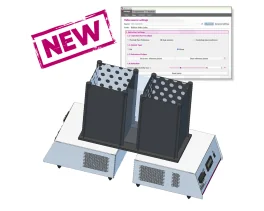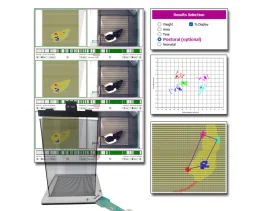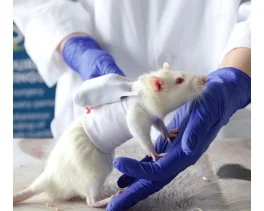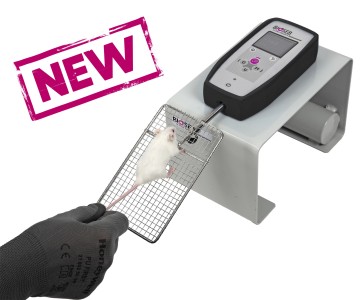Authors
PA Rudd, EXY Lim, CJM Stapledon et al
Lab
Griffith University, Southport, Queensland, Australia
Journal
PLOS One
Abstract
Chikungunya virus (CHIKV) is an arthropod-borne virus that causes large outbreaks world-wide leaving millions of people with severe and debilitating arthritis. Interestingly, clinical presentation of CHIKV arthritides have many overlapping features with rheumatoid arthritis including cellular and cytokine pathways that lead to disease development and progression. Currently, there are no specific treatments or vaccines available to treat CHIKV infections therefore advocating the need for the development of novel therapeutic strategies to treat CHIKV rheumatic disease. Herein, we provide an in-depth analysis of an efficacious new treatment for CHIKV arthritis with a semi-synthetic sulphated polysaccharide, Pentosan Polysulfate Sodium (PPS). Mice treated with PPS showed significant functional improvement as measured by grip strength and a reduction in hind limb foot swelling. Histological analysis of the affected joint showed local inflammation was reduced as seen by a decreased number of infiltrating immune cells. Additionally, joint cartilage was protected as demonstrated by increased proteoglycan staining. Using a multiplex-immunoassay system, we also showed that at peak disease, PPS treatment led to a systemic reduction of the chemokines CXCL1, CCL2 (MCP-1), CCL7 (MCP-3) and CCL12 (MCP-5) which may be associated with the reduction in cellular infiltrates. Further characterisation of the local effect of PPS in its action to reduce joint and muscle inflammation was performed using NanoString technology. Results showed that PPS altered the local expression of key functional genes characterised for their involvement in growth factor signalling and lymphocyte activation. Overall, this study shows that PPS is a promising treatment for alphaviral arthritis by reducing inflammation and protecting joint integrity.
BIOSEB Instruments Used
Grip strength test (BIO-GS3)
Source :

 Douleur - Allodynie/Hyperalgésie Thermique
Douleur - Allodynie/Hyperalgésie Thermique Douleur - Spontanée - Déficit de Posture
Douleur - Spontanée - Déficit de Posture Douleur - Allodynie/Hyperalgésie Mécanique
Douleur - Allodynie/Hyperalgésie Mécanique Apprentissage/Mémoire - Attention - Addiction
Apprentissage/Mémoire - Attention - Addiction Physiologie & Recherche Respiratoire
Physiologie & Recherche Respiratoire




































 Douleur
Douleur Système Nerveux Central (SNC)
Système Nerveux Central (SNC)  Neurodégénérescence
Neurodégénérescence Système sensoriel
Système sensoriel Système moteur
Système moteur Troubles de l'humeur
Troubles de l'humeur Autres pathologies
Autres pathologies Système musculaire
Système musculaire Articulations
Articulations Métabolisme
Métabolisme Thématiques transversales
Thématiques transversales Congrès & Meetings
Congrès & Meetings 